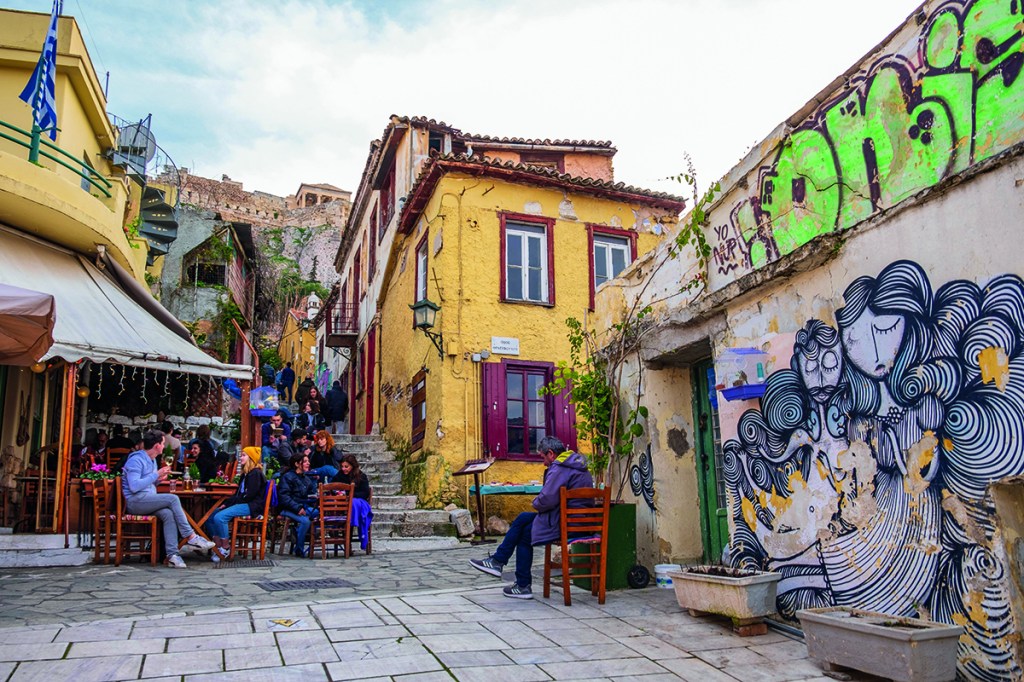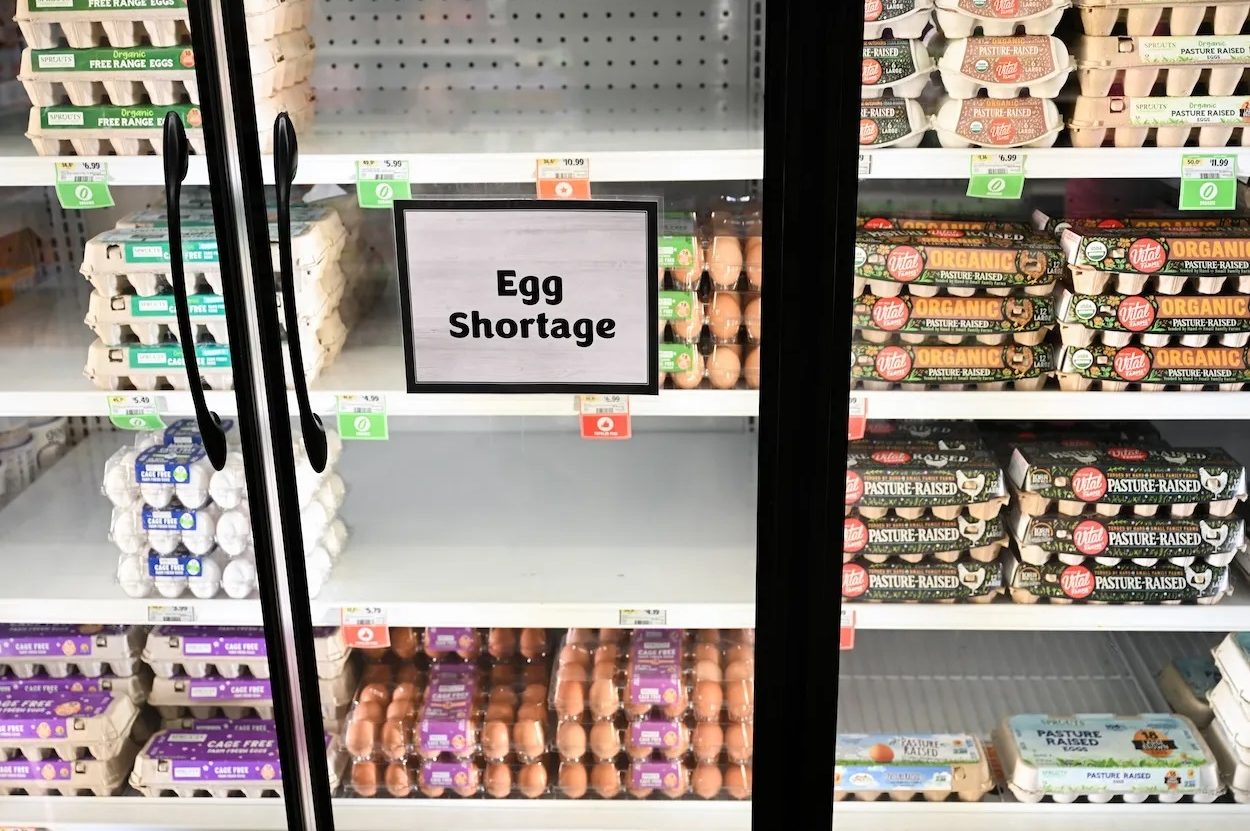I’m drawn to sketchiness but even by my sketchy-drawn standards, the state of Athens is deflating. The cradle of Western civilization now appears to be the graffiti capital of the Western world. The luridly colored scrawls are everywhere; Greek grannies air their carpets over balconies marred by multicolored tags and swirls. The Parthenon temple still looks mighty grand atop the ancient Acropolis citadel, but down in the modern city a lot of people look hard-up and downtrodden: lined faces, permanent frowns, hastened aging, disheveled clothes. Wandering through central Athens, I passed two shuttered shops set back from the street. About twenty homeless people lounged in the alcove, amicably passing round substances to smoke and ingest. As I waited for an ATM, the older gentleman with a small dog took so long, continually starting again and reentering his info, that eventually I was driven to ask if I could help. Replying softly with impeccable English and troubled eyes, he thanked me while explaining there was some “error.” Even his dog seemed weighed down by fiscal considerations. Near the Hard Rock Café and amid the tourist trap at the base of the Acropolis, I watched a woman in the church of Panagias Grigorousas criss-cross the interior in an extended act of quiet supplication. In front of each icon, she speedily crossed herself three times, then did a quick little curtsy before bending down to kiss it and then hastened to the next.
To speak candidly, after the 2008 financial crisis, Greece got truly screwed by the EU. The impossible debt-repayment schedule rumbles on and, faced with inexorable economic constraints, no wonder so many Greeks are reaching for the ouzo. Economic decline and austerity measures since 2008 have depressed the birthrate and caused epidemics of depression and drug and alcohol abuse. More than a third of Greeks live in poverty. A wage of €800 a month after tax is common. Furthermore, the country faces a constant influx of refugees. When the birthplace of democracy isn’t working, you have to wonder what that says about Europe’s direction of travel.
Despite all this, the Greeks remain charming in the face of hardships. Like the Portuguese, who also speak a language few foreigners take the time to master, many Greeks will affably switch into English in an instant. The city’s vibrant markets — most Athens neighborhoods host a weekly one — are excellent places to see the locals in fine fettle. For nearly a kilometer along Acharnon Avenue, I threaded down the narrow channel left by the never-ending stalls on either side selling everything from seasonal vegetables, fruits, olives and fish to herbs, spices, dried nuts and sweet delicacies. The spirit of the ancient Greek theater that gave the West its most transcendent tragedies is never far away: along the market route there was always some sort of drama kicking off amid the dense mass of shoppers and sellers. The owner of one fruit stall let rip at his assistant — probably his son, for many of the stalls appear to be family affairs — over some lemon-related transgression. I stopped at a food truck selling traditional souvlaki, skewered and barbecued meat soaked in marinade and sprinkled with spices. Two seven-inch kebabs accompanied by fresh bread made for a fine snack, especially with a can of local Affa beer. Two particularly grizzled men opposite me at a plastic table talked intensely over their souvlaki, perhaps plotting some minor infringement of the law. They gave me a friendly thumbs up but raised questioning eyebrows. I made quick work of my skewers.
Even the graffiti can’t undo the light over Athens. It bathes the city in a serene glow. Greece’s network of islands stretching throughout the Aegean Sea remains the treasure trove of exploration it was back in Odysseus’ day. There are thousands of islands and islets, of which an estimated 200 are inhabited. It’s why so many Greek families have always done the staycation by default. And when money is tight, why go elsewhere, with so many domestic splendors to choose from?
The lifestyle draws many expats to settle in Greece. “It’s a wonderful place to live — as long as you are financially secure,” said a Greek lady who lives with her British husband in London. My host demonstrated the Greek good life on a Friday afternoon when he popped me on the back of his scooter and drove from Athens toward the blue expanse of the Aegean, where he and his colleagues mark the end of each working week with a dip in the sea. Afterwards, we warmed up by a log fire in a traditional taverna as its matriarch, sitting at the table next to us with her cellphone clasped to her ear, devoured a stream of courses brought to her by an underling.
This article was originally published in The Spectator’s April 2022 World edition.

























